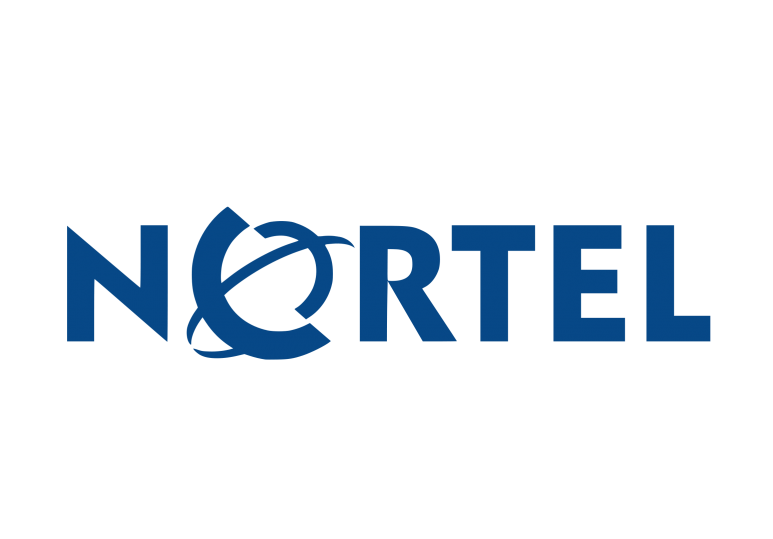It may seem like ancient history now, but it wasn't too long ago that Nortel Networks was a household name in Canada. The company was worth over $300 Billion and employed nearly 95,000 people. It declared bankruptcy protection in 2009 and it took the courts until the end of 2016 to decide how Nortel's liquidated assets would be distributed. Approximately 56,000 employees (20,000 in Canada) who were depending on a Nortel pension waited 7 years before receiving anything, and when they did get something it was a far cry from what they were expecting. According to a Financial Post article from October 21, 2016 each will get somewhere between 55 - 70 cents on the dollar.
It begs the question: How safe are company pensions?
The defined pension plan has been slowly going the way of the Dodo bird as companies are opting for a more manageable plan such as the "Defined Contribution" plan. What's the difference?
Defined Contribution Plan: You and your employer match contributions to the plan. The responsibility to manage the plan and the investments rest with you. When you retire or leave your employer, the plan goes with you. It's up to you to contribute and to pick investments. If you chose wisely, you'll have money for retirement. If you chose poorly, then you will not have as much money for retirement. At least, you will not have to worry about "your company" mishandling your pension. Basically, you are on your own. The sad reality about these types of plans is that many Employers are not providing any education/assistance to help employees make informed decisions about their pensions.
Defined Benefit Plan: Your company sets up a plan for you and will guarantee you a certain amount of money in retirement for the rest of your life. These plans were popular for many decades, but have lost their popularity in the past 10 years as more and more company's are now faced with what is known as "Underfunded Pension Liabilities". According to a National Post article (Dec.16, 2013) Canada Post, for example, has a deficit in their pension plan to the tune of $6.5 Billion dollars. What that means is that they do not have enough money in their fund to honour the promised pension payments to their members. As more and more workers retire the plan has to pay out more and as time marches on, this will become a big problem.
How did this happen?
1. The investment returns have not been very good. These types of pensions have to be managed and normally will be restricted to certain types of investments. Pension managers are limited to the level of risk they can expose the plan's money. They will have a mandate to invest most of the money into a "fixed income" type of investments, such as bonds. As you know, interest rates have been on a 35-year decline. If the overall pension fund's returns are decreasing, so is the fund size. As more members retire and start to draw on the funds, there is more money going out than there is coming in. Add to the fact that the investment growth is shrinking and you end up with a fund that is now at risk of being depleted more quickly than was previously predicted.
2. There are 53,000 employees at Canada Post and 33,000 retirees. What's happening is that the number of employees is falling and the number of retirees is increasing. In a few short years, there will be more people collecting a retirement cheque from Canada Post than people that actually work at Canada Post. In 2015 Canada Post paid out $880 million in pension cheques but only took in $513 million. That isn't sustainable!
According to a report by the Canadian Federation of Independent Business, there is a $300 billion shortfall in public pension plans. They are calling for major pension reform, and rightly so. Every day in Canada nearly 1200 people turn 65 and are depending on these types of pensions to fund the rest of their lives.
Is your Company pension safe?
You will have to do some research to find out how safe it is. Do not assume that the promise of a paycheque will always be there. You need to find out if your pension has underfunded pension liabilities. Google Stockton, CA or Detroit, MI and find out how pension recipients fared as these cities emerge from bankruptcy protection.
What should you do?
You do have the option of "Commuting" your pension. You can receive a lump sum payout of your pension. The calculation is based on a number of factors like:
Your age at retirement
How many years of service you have
Your specific Pension Plan Rules and limitations
Some things to keep in mind as you decide:
1. What is the likelihood of your pension defaulting or being forced to lower your retirement paycheque? If there isn't enough money in the pension fund to sustain the number of people drawing a pension, then there may be no other option but to lower the paycheques of each retiree.
2. What happens to your pension when you die? Does it roll over to your spouse at the same payment you were receiving or a little bit lower or does it terminate? What Estate value does your pension provide?
3. If you commute your pension where can you invest it to get a guaranteed source of income for you and your spouse for the rest of your lives?
4. Is your pension indexed for life?
Conclusion
Don't assume anything. There isn't a simple answer to what you should do. As you can see from above, defined benefit pension plans are facing a lot of difficulties going forward. "Underfunded Pension Liabilities" is a retirement epidemic both in Canada and the USA, and our governments are trying to downplay the reality of the situation. If you are retiring in the next few years make sure you know and understand what your options are. Once you select a course of action it isn't easy to undo it.
We can help you create sustainable, predictable cash flow from your portfolio in the most tax-efficient manner to ensure you never have to worry about running out of money.
Want to retire in the next few years? Click here to Book an Introductory Meeting
Attend one of our monthly seminars on Retirement Income Planning. Register here
Book an introductory meeting in our calendar below.
Retirement Income & Investment Planners,
Willis and Nancy
587-755-0159







